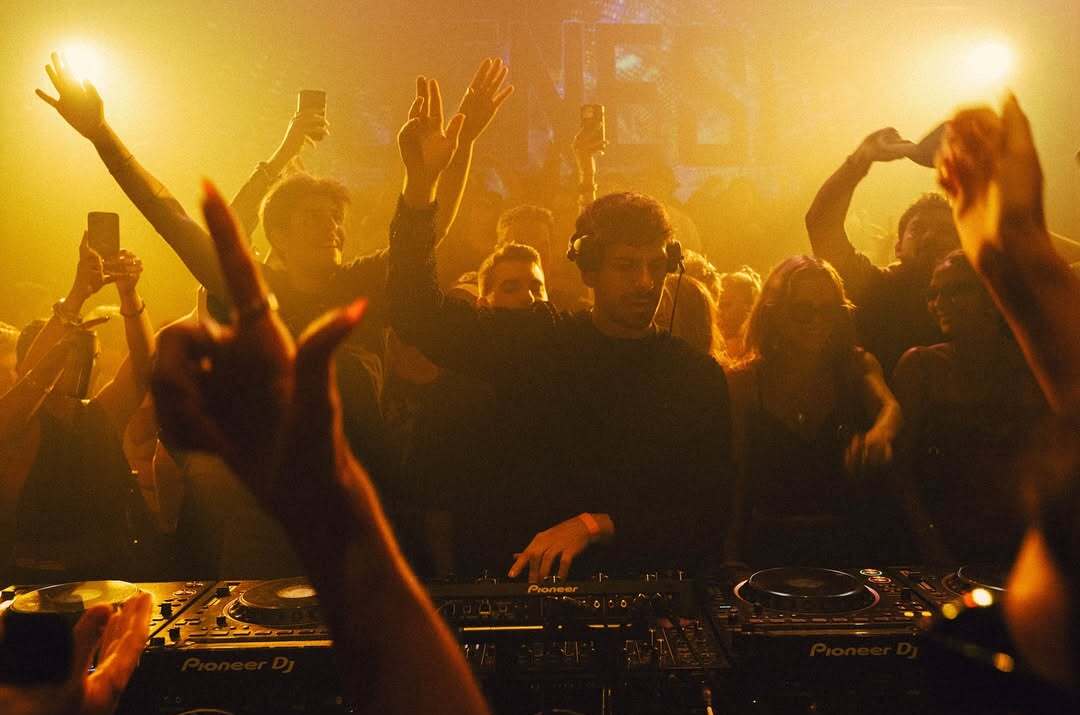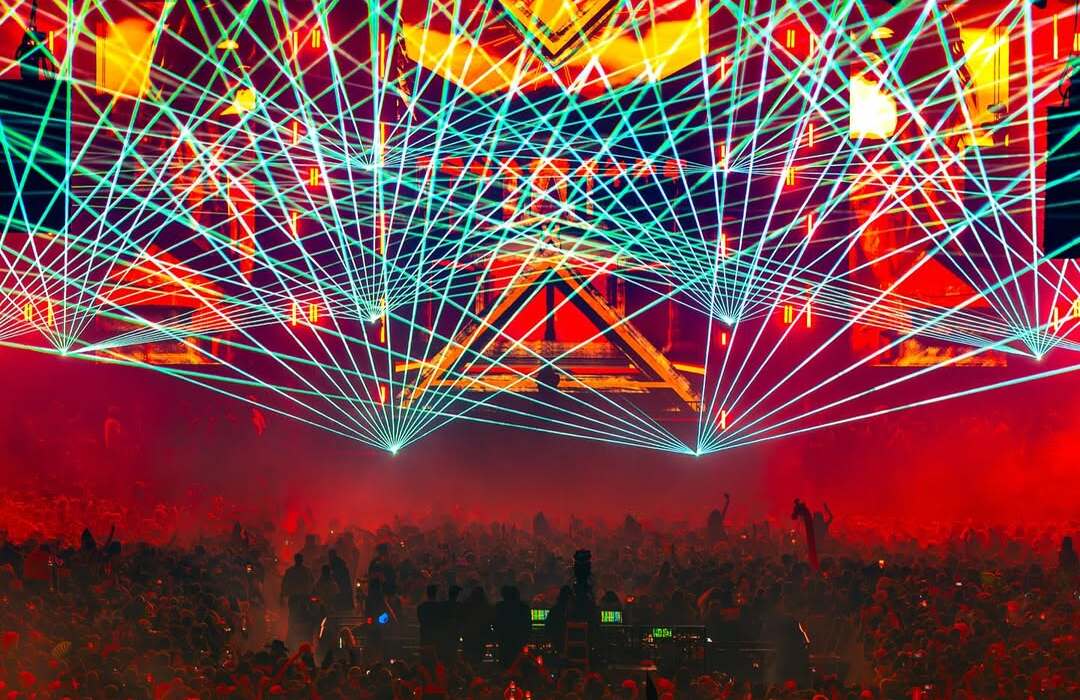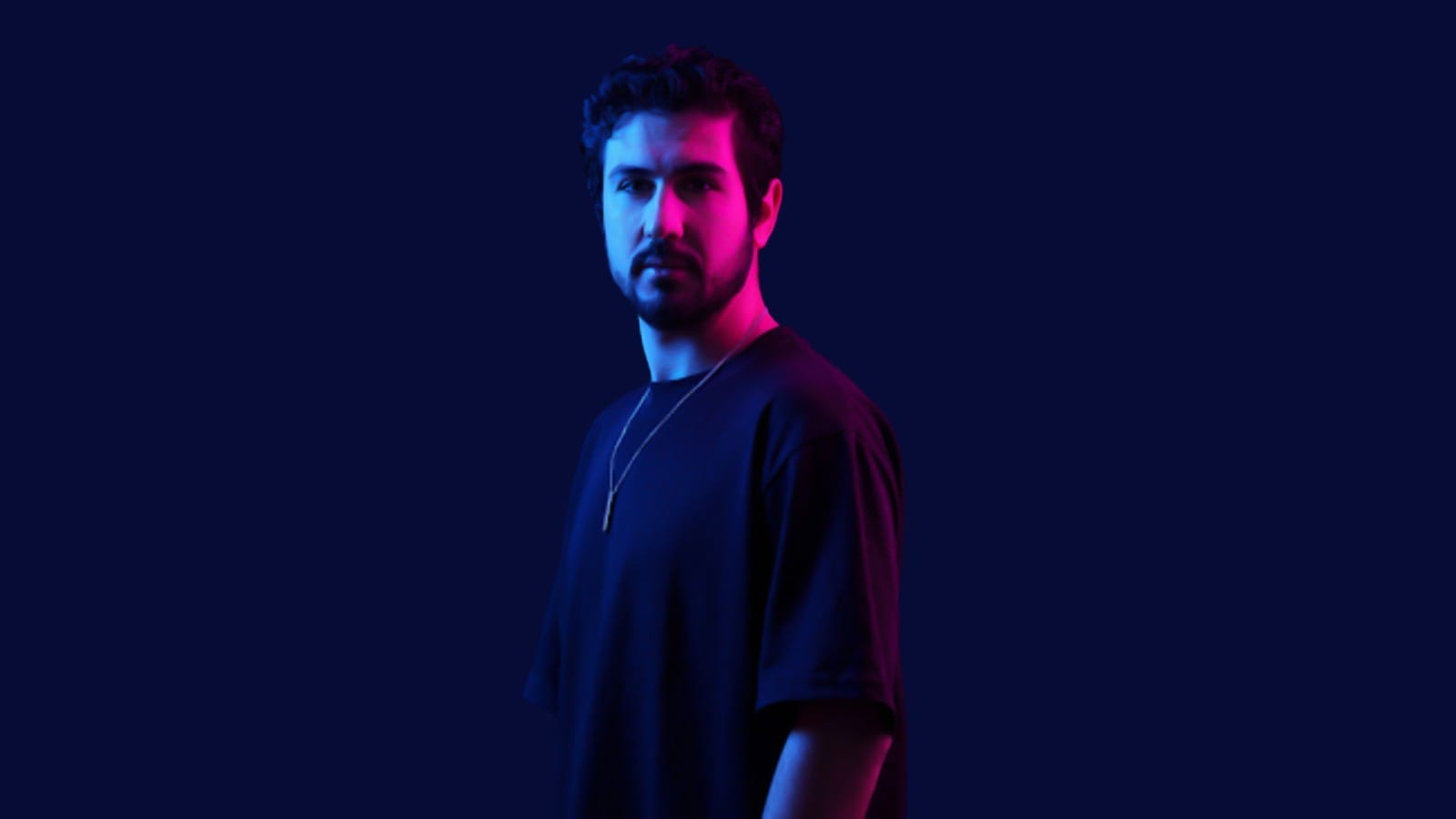Set in a vision of Japan populated by superheroes and monsters, the popular manga/anime franchise One-Punch Man is full of characters boasting incredible powers and abilities. The most notable in the series' colorful cast, of course, is Saitama, with the aspiring superhero able to dispatch any opponent with a single blow and endure the most devastating attacks without flinching. Saitama has since revealed he reached this unstoppable level of power by performing 100 push-ups, 100 sit-ups and running 10 kilometers every day.
While this comedically banal work-out routine may not seem like the likeliest path to attain Saitama's immensely superhuman strength and endurance, a new fan theory surfacing on Reddit suggests that Saitama actually achieved his power level through more metaphysical methods. And the theory goes on to suggest that many of the characters in the acclaimed franchise may have each used this same methodology to reach their own respective goals over the course of the series, either unconsciously or not. And unlike many fan theories, this one is surprisingly plausible, taking the comparable evidence into account.
The fan theory posits that more that Saitama's physical workout, it's his obsessive mental drive that has turned him into the ultimate hero. For over a year since leaving his ambitions to become an office worker, Saitama trained every day to become a superhero and this mental outlook was the primary cause for his transformation. This single-minded goal has been reflected by other heroes and villains throughout the course of the anime series as well, from Amai Mask's obsession to become handsome succeeding as well as Garou transforming into the monsters he sympathized with all his life. Even the first monster Saitama defeated, Crablante, was a man that was obsessed with crabs triggering his own villainous metamorphosis.
Other characters that were unable to make the transformation lacked this singular goal. Genos has always compared himself to others so he had to improve himself artificially by continually more powerful cybernetic enhancements. Garou could never gain enough monstrous power to match Saitama because his belief in his own transformation would falter as the series progressed, resulting in him becoming what the Monster Association would refer to as a half-monster. And King, of course, has secretly accepted the fact that he has been a fraud as the world's top-ranked superhero all along.
There are some glaring holes in this theory, of course. Mumen Rider has been one of the most dedicated superheroes in the Hero Association, despite his complete lack of powers and only visibly defining feature being his trusty bicycle. Mumen Rider has laid his life on the line against significantly more powerful opponents the entire series without hesitation, perhaps showing more dedication and commitment than Saitama with no visible gains. And Saitama himself falters in his goal to become the ultimate hero, including a brief attempt to become a martial artist and nearly quitting the superhero business due to his inability to find a worthy opponent. All of this self-doubt has not led to any visible decrease in Saitama's abilities over the course of the series.
The idea of mental focus and obsessive drive being the key to ultimate power is a recurring theme in many different anime franchises. With its colorful cast of heroes and villains, One-Punch Man has no shortage of such singularly driven characters and there is certainly plenty of examples that support the fan theory of how Saitama and his counterparts achieved their impressive power levels. However, there are also inexplicable contradictions that make this theory far from foolproof explanation on how Saitama became the ultimate superhero, especially given the existential crisis he has faced as the series has progressed.


